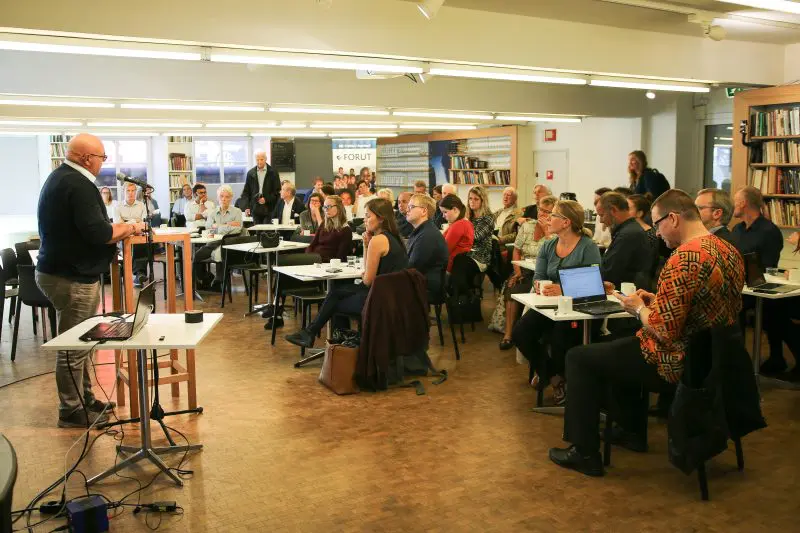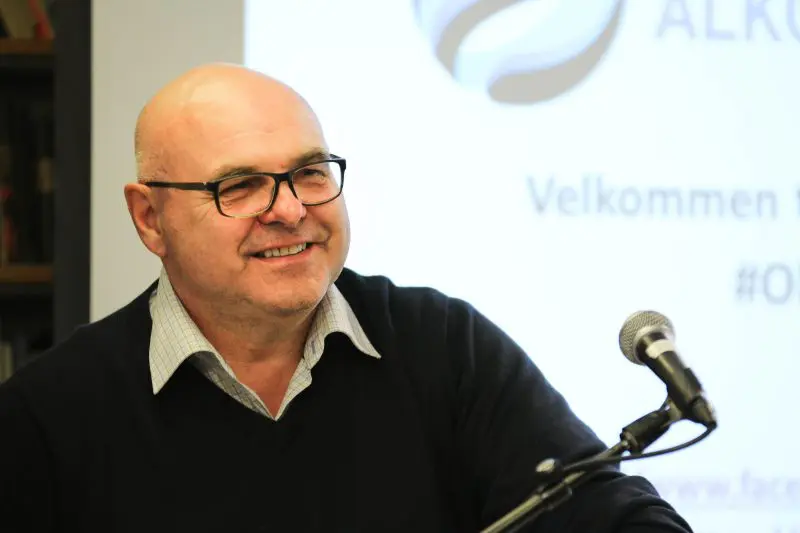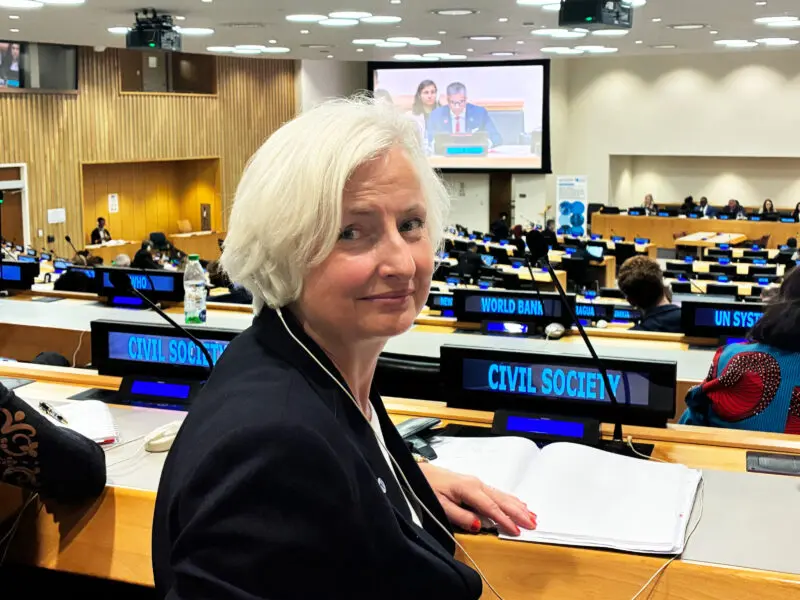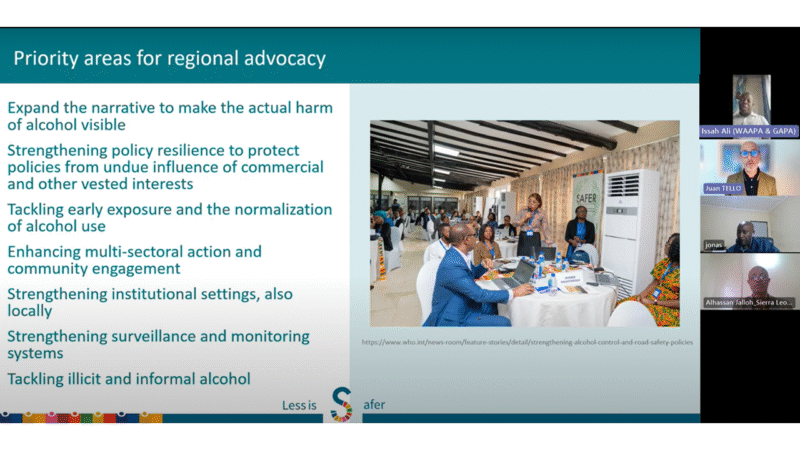The Norwegian Government Pension Fund Global has invested around 10 billion US Dollars in multinational alcohol corporations. “This has to stop”, is the message from a campaign by Norwegian civil society organisations that was launched in Oslo yesterday. The main claim of the campaign is that investing in alcohol companies is incompatible with the overarching goals of Norwegian development and foreign policies.
The Government Pension Fund Global (GPFG) is saving for future generations in Norway. It is one of the largest investment funds in the world, now owning 1.3 per cent of the global stock market, a huge figure for a small population like the one in Norway. The money comes from taxation of oil extraction since 1990.
FACTS
«It makes little sense to invest billions in companies that are the staunchest opponents of evidence-based alcohol-policies.»
Norway has invested around 10 billion USD in multinations alcohol corporations.
Morten Lønstad, Secretary General of FORUT.

One day the oil will run out, but the return on the fund will continue to benefit the Norwegian population. In the meantime the fund, which today has the total value of more the 7.300 billion Norwegian Kroner, invests in around 8.000 companies all over the world. Close to 80 billion NOKs are invested in multinational alcohol companies. Half of this, 21 billion NOKs in ABInBev and 17 billion in SABMiller, is invested in two companies that are now merging to become the largest alcohol producer in the world.
The investment portfolio also includes companies like Diageo, Heineken and Carlsberg. Such investments are now being challenged by the political campaign that aims to make the Government Pension Fund divest from alcohol production and the industry at large.
Launch of campaign in Oslo
At the campaign launch in Oslo yesterday reference was made to the Global Burden of Disease study that ranks alcohol among the top five of risk factors for disease and premature deaths globally. In Southern parts of Africa and among young males aged 15-24 worldwide alcohol is number one of health risk factors. This is without taking into account the negative social- and welfare consequences of people around the drinkers, also known as the concept “harm to others”. These consequences include, but are not limited to, alcohol-induced violence especially towards women and close family, accidents due to drinking and driving, alcohol-induced risk behaviour with regards to HIV/AIDS and other sexually transmitted diseases, and the diversion of limited incomes of poor families to alcohol consumption. Ethically speaking, harm to others may be more problematic than harm to oneself from drinking.
The NGO campaign claims that it is unethical to build the future welfare of the Norwegian people on profits from a product that causes health and social harm to others, in particular when the harm caused impacts so many among the world’s poorest. It is well documented that the harmful use of alcohol has more of an impact on marginalised populations in comparison to the damage done among more affluent people in developed nations. Figures show that people in Southern Africa have more risky drinking patterns than in Western countries.
Ethical guidelines
For many years there has been continuous public debate around the investment policies and strategies of the GPFG. This has resulted in guidelines for ethical and responsible investments and a separate panel has been appointed to follow up and investigate ethical investment issues. So far it has been decided that the GPFG shall not invest in the production of nuclear weapons, land mines, cluster bombs, tobacco and a number of companies involved in coal production. NGOs now advocate for including alcohol production on this divestment list.

Norway is one of the few countries that give earmarked support to WHO’s work to reduce alcohol-related harm, and global health and the prevention of non-communicable diseases is a priority issue for Norway. “Thus it makes little sense to invest billions in companies that are the staunchest opponents of evidence-based alcohol-policies”, says Morten Lønstad, Secretary General of FORUT (picture left).
FORUT is the initiator of the campaign to divest from the alcohol industry. “Not only are these companies promoting products that are harmful to health and welfare. They are actively lobbying the World Health Organization and governments all over the world to refrain from regulating alcohol markets”, says Lønstad.
Mega merger in the beer business
As an example he points to the ongoing merger between the mega companies ABInBev and SABMiller, the third largest merger in economic history according to The Economist. A press release from the two companies said that “Africa, as a continent, has very attractive markets with increasing GDPs, a growing middle class and expanding economic opportunities. And, of course, the prospects for the beer sector in Africa are compelling: beer is becoming increasingly popular and the beverage of choice for many consumers across the continent”. Furthermore, Africa is defined by the two companies as the “critical driver of growth for combined company, building on the strong heritage of SABMiller in the region”.
The principle of policy coherence
“Our worry is that this merger will result in more aggressive marketing and that the concentrated economic power will translate into increased political influence, nationally and globally for the alcohol companies in question”, says the FORUT Secretary General and concludes that the GPFG should not support such a development by investing in multinational alcohol companies: “This is in conflict with the principle of policy coherence that has been defined as a guiding principle for Norwegian foreign policy”.






